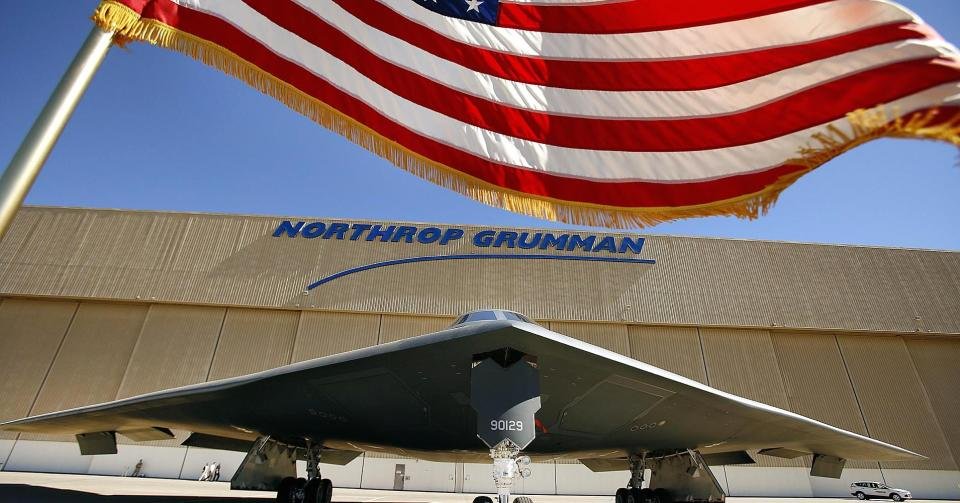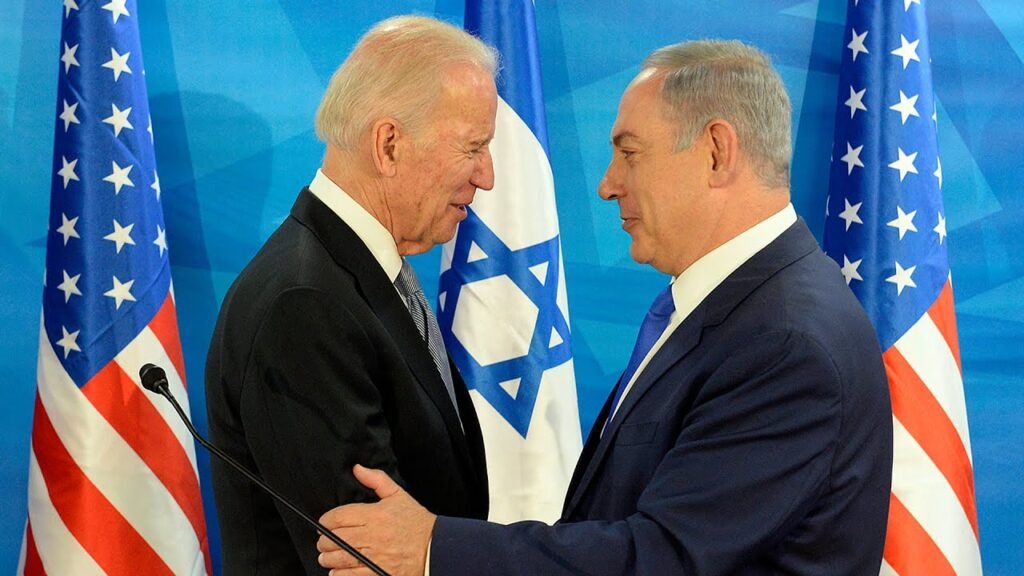American Profits from Conflict: Corporate Gains Amid Israel’s Gaza Assault
Since Israel’s intensified offensive in Gaza began last October, over 29,000 Palestinian lives have been lost, including 19,000 women and children. Claims of ethnic cleansing have emerged from Israeli government officials, while South Africa filed charges of genocide at the International Court of Justice. In January, the ICJ ruled that Israel’s actions likely violate the Genocide Convention, ordering an immediate halt to Palestinian civilian deaths.
Despite documented atrocities, the Biden administration has stood firmly behind Israel. Alongside appeals for “restraint,” the U.S. government requested $14.3 billion in military support for Israel in addition to the standard $3.8 billion annual aid package. Although Congress held up the additional funds, President Biden authorized direct arms sales to Israel twice in December 2023, totaling over $200 million. This unwavering support continues amid human rights organizations describing Israel’s treatment of Palestinians as apartheid.
The U.S. defense industry, unsurprisingly, profits substantially from this alliance. Companies like Lockheed Martin, Raytheon, Northrop Grumman, and others have seen rising stock prices as the Gaza conflict escalates, with executives openly expressing enthusiasm about the business opportunities from “restocking” Israel’s military. Such enthusiasm underscores a grim reality: that weapons systems, including Hellfire missiles and incendiary white phosphorus, are being used in ways that human rights groups label as war crimes.
U.S. Corporations Reaping Profits Beyond Weapon Sales
The BDS (Boycott, Divestment, Sanctions) movement has highlighted several non-military American corporations that profit from the ongoing occupation.

Hewlett-Packard, for instance, supplies equipment to the Israeli military, immigration authorities, and government, technology that reinforces Israel’s “segregation and apartheid,” as BDS describes. Chevron, through its operations in the Eastern Mediterranean, also bolsters Israel’s economy. BDS reports that Chevron’s extraction of fossil fuels within disputed territories denies Palestinians access to resources and generates billions in revenues for Israel.
The construction and property sector isn’t exempt from the conflict. Caterpillar’s armored bulldozers have long been instrumental in Israeli demolitions of Palestinian homes, schools, and other structures. The D9 bulldozers, supplied to the Israeli military, have become infamous for their role in razing Palestinian neighborhoods and were involved in the death of U.S. activist Rachel Corrie in 2003. Meanwhile, companies like RE/MAX profit by marketing properties within illegal settlements on occupied Palestinian land, further embedding the occupation’s economic foundations.


Leveraging Economic Influence: The Case for Boycotts
The BDS movement takes inspiration from the global anti-apartheid boycotts that helped end South African apartheid. Like South Africa in the 1980s, Israel depends heavily on international trade, particularly with the U.S. According to the U.S. Trade Representative, America accounted for over 13 percent of Israel’s imports in 2022, while Israel’s exports to the U.S. represented nearly 19 percent of its total. This economic interdependence gives the U.S. considerable leverage.
The BDS movement has focused on select corporations, such as Chevron and RE/MAX, to heighten public pressure. While not targeting every company involved, BDS supporters see these campaigns as a means to rally support against the occupation and reduce corporate complicity in the conflict. The goal: a future where the economic cost of sustaining apartheid becomes too high for Israel and its allies.
Civil Society’s Role in Pressuring Change
Boycotts and divestments have the potential to reshape Israel’s behavior, but grassroots mobilization is key. Many Americans, disillusioned by their country’s role in fueling the Gaza conflict, have joined calls for a ceasefire. Organizations across the U.S. are mobilizing protests, targeting arms sales and calling on Congress to re-evaluate its unconditional support for Israel. Activists are hopeful that public awareness, coupled with economic pressure on corporations complicit in Israel’s policies, will eventually lead to substantive changes in U.S. policy.
Achieving justice for Palestinians is a formidable challenge, but economic boycotts and a mobilized public can be instrumental. Just as international economic pressure contributed to the end of apartheid in South Africa, the same strategy may yet play a part in transforming the situation in Palestine.


